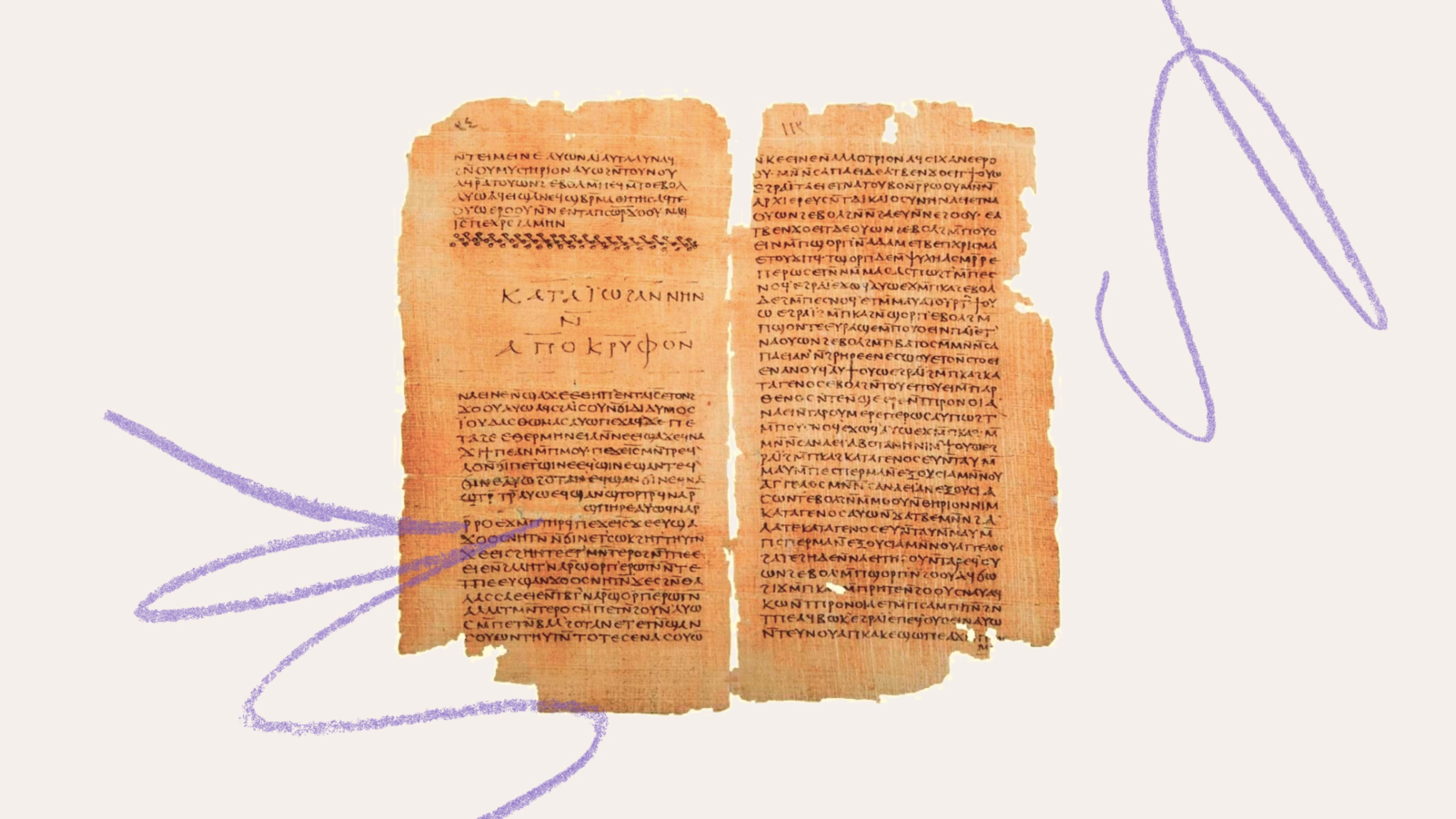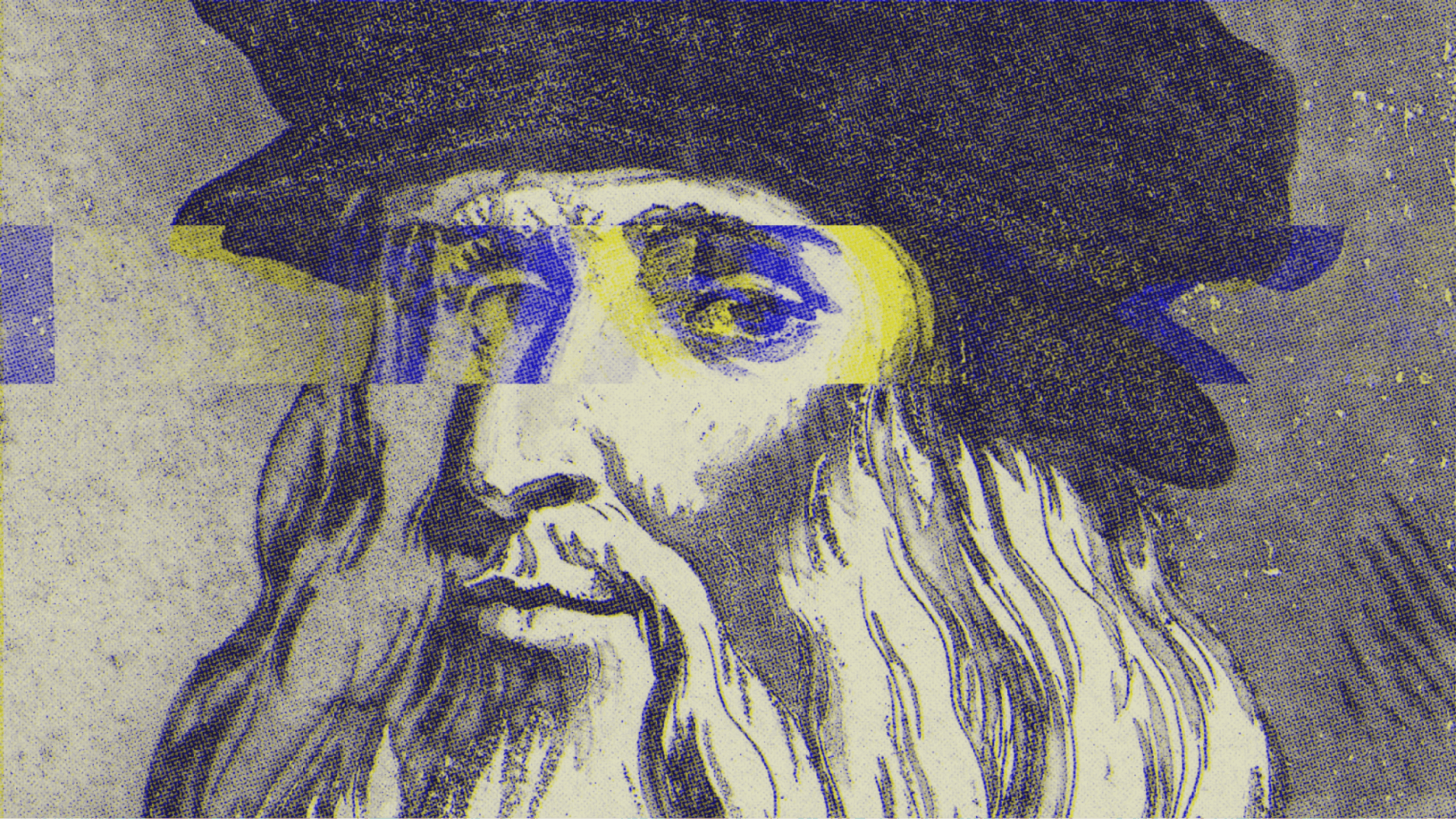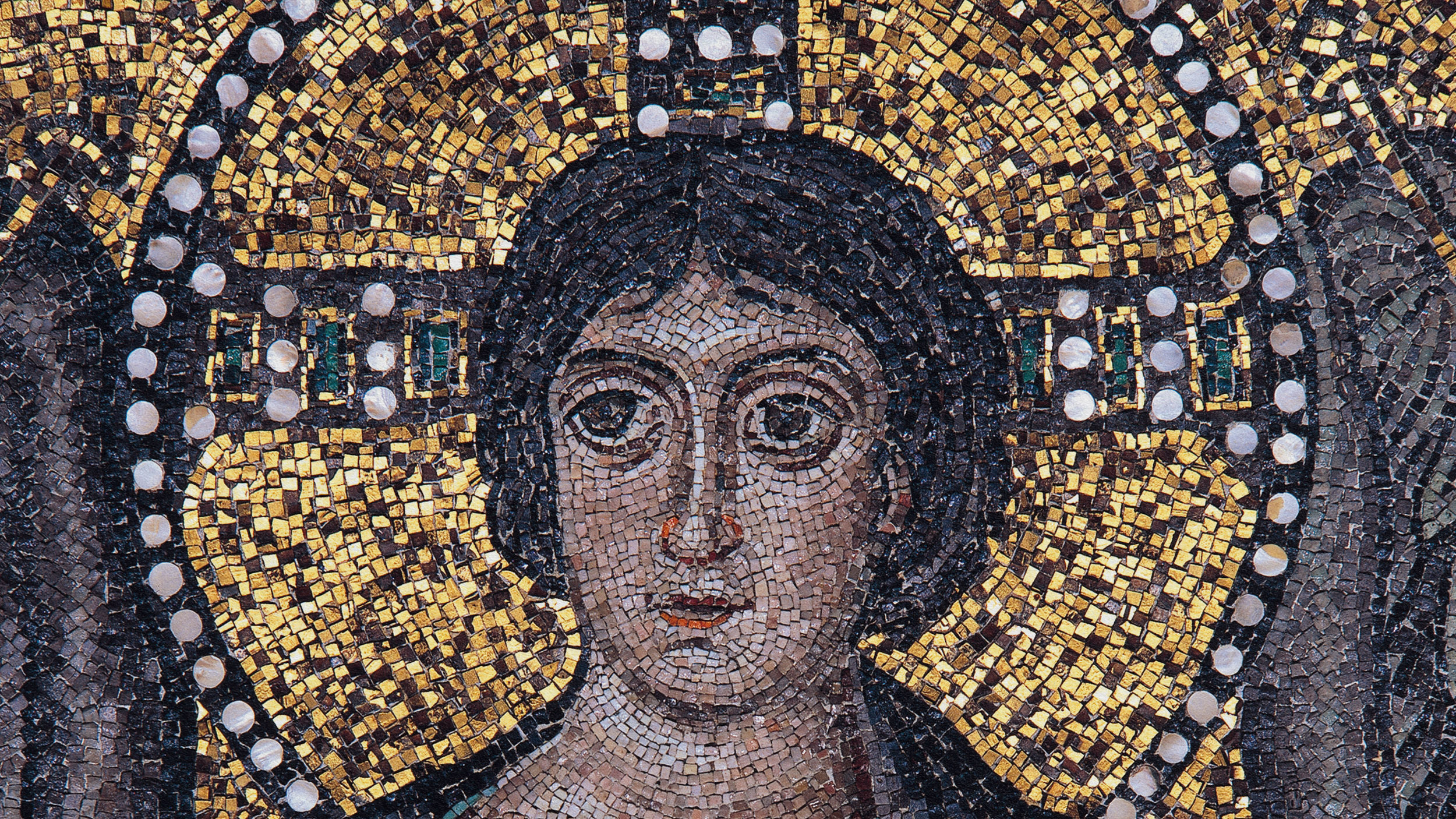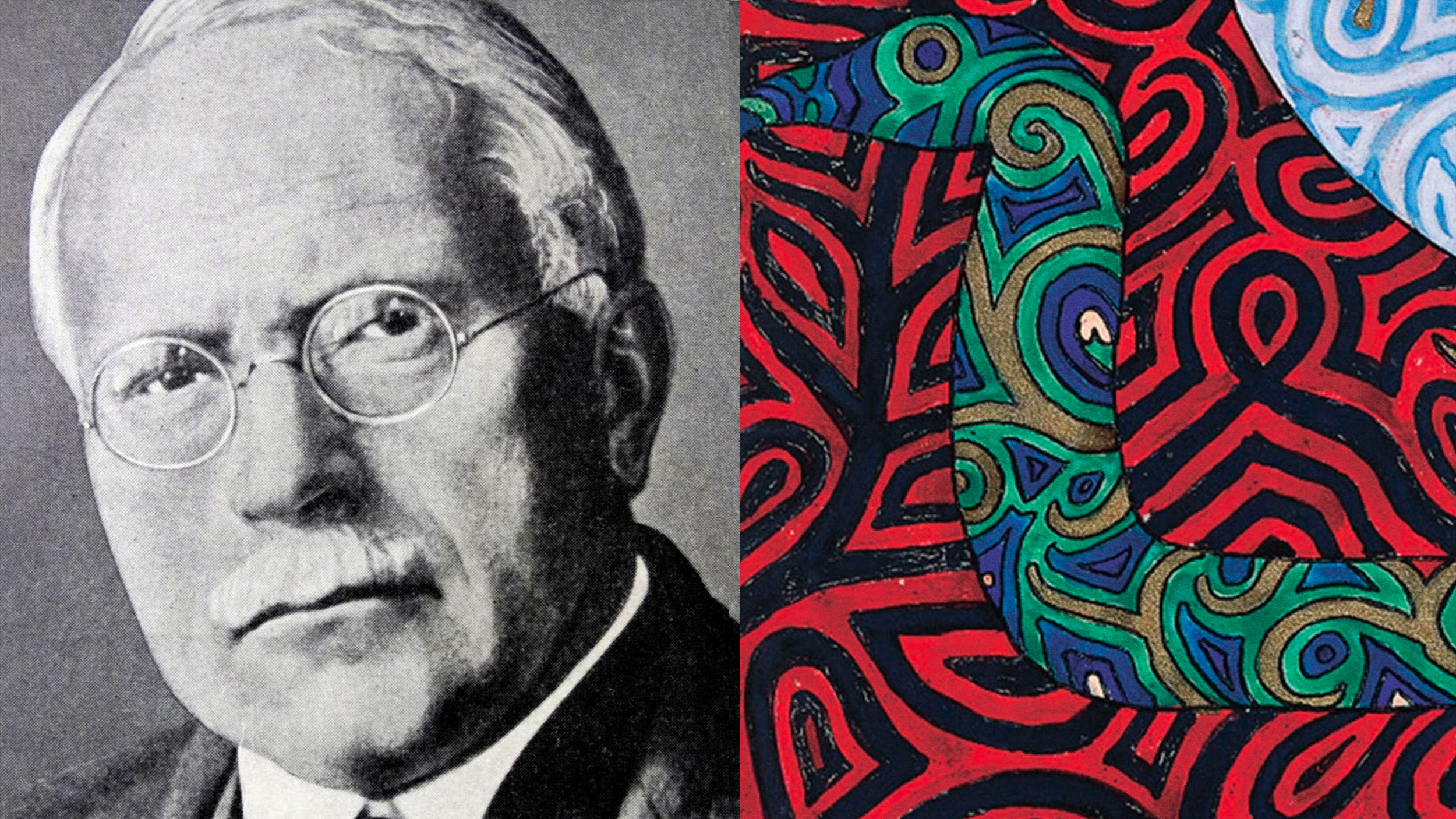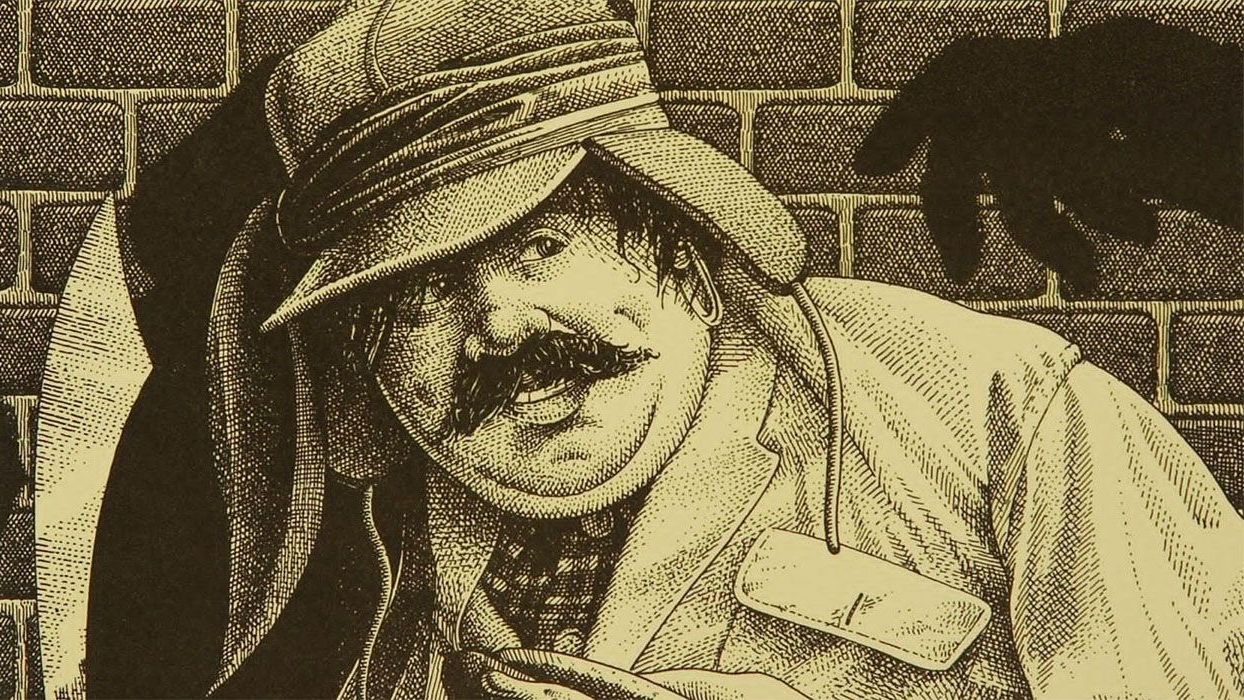Burning Questions: Art, Protest, and the Quran on 9/11
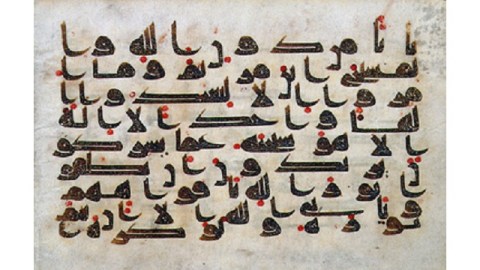
In the midst of the circus surrounding Pastor Terry Jones’ plan to burn Qurans on the anniversary of September 11th, perhaps the most disturbing aspect is the emerging meme among conservatives that Jones’ act is somehow analogous to other religious statements in the form of art that liberals have condoned as free speech. To see book burning as performance art is a stretch to me, but I will agree that Jones has a constitutional right as an American to act as he chooses. Whether it is an artful or moral act, however, is a different question. The analogies that come to my mind suggest neither.
At this hour, there’s some question of whether Jones will actually go through with the burning. The vitriol exposed in the planning and hype almost makes the act itself superfluous. Jones raises questions that demand answers, or at least dialogue, something that his conflagration doesn’t allow. What’s worse is that the Jones’ affair has allowed conservatives to muddy the waters again regarding what art can say about faith and the fine line between art protest and pure hate.
All over the internet conservatives are comparing Jones’ plan to Andres Serrano’s controversial 1987 photograph Piss Christ and Chris Ofili’s The Holy Virgin Mary from the 1999 Sensation exhibition in New York. (A typical example of the standard argument appears here.) Why were liberals fine with artwork that degrades Christianity while “art” such as Jones’ protest raises their ire? Isn’t that hypocrisy? No, it isn’t. The difference between Serrano and Ofili’s statements and that of Jones is that Serrano and Ofili were both trying to add to the conversation about religion. Serrano’s cheap plastic crucifix suspended in urine condemns the commercialization of Christianity. We’re “pissing” on the true message of Christ, Serrano says in the image. Ofili used elephant dung in his religious paintings not, as Rudy Giuliani suggested, to desecrate the image of the Virgin Mary but to add elements of his African heritage which view the elephant dung as a sign of fertility, literally fertilizing the soil. Ofili didn’t “shit” on Jesus’ mother—Giuliani did by denying Ofili the opportunity to add his unique perspective to the mix of ideas.
Context is so important to any kind of statement. When Serrano and Ofili speak within a Western, Christian context about Christianity, they work from the inside—confronting power directly at its source. Jones wants to “talk” about Islam from a comfortable distance and within the safe haven of a Christian culture. Say what you want about Serrano and Ofili, it took courage to take a stand where they did.
The analogy that comes to mind most immediately for me when I think of Jones’ book burning is to Hitler’s book burnings, which were a prelude to his ignition of first all Europe and, later, the whole world. Hitler burned the books of Jewish intellectuals as a proxy for destroying the authors and their culture. Jones aims at extinction of Islam through the Quran. Burn enough of their books, he reasons, and you’ll leave the religion itself in ashes.
What angers me most in the Jones affair, aside from the obvious religious intolerance, is the disregard for the Quran itself as a cultural artifact. The text of the Bible is more functional than ornamental, simply as a residue of English itself. The Kufic script of the Quran (example above) looks beautiful while expressing beautiful ideas. Form follows function. The section from the Quran shown above is Sura 9, on “Repentance.” If Jones and his followers go through with this crime against humanity—the destruction of the culture that makes us truly human—they’ll need to repent, if not in this life, then the next.
